
Findings emphasize the importance of further research on effective and safe alternative treatments for MDD in children and adolescents, specifically in patients who are refractory to nonpharmacologic treatment and/or standard of care antidepressants

Findings emphasize the importance of further research on effective and safe alternative treatments for MDD in children and adolescents, specifically in patients who are refractory to nonpharmacologic treatment and/or standard of care antidepressants

Findings showed that pharmacists frequently communicated with patients to implement complex plans.

Artificial intelligence (AI) recommendations resulted in fewer recurrent strokes, heart attacks, or vascular death within 3 months of a previous ischemic stroke.
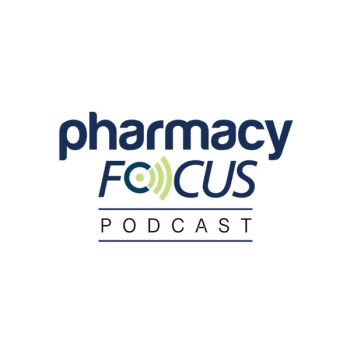
This episode highlights how celebrity endorsements and local influencers can be leveraged to address vaccine hesitancy by shaping attitudes, but also must account for factors like audience trust and the potential for both benefits and limitations.

The continuous glucose monitoring system will be available for purchase online and without a prescription starting in summer 2024.

This designation makes CBL-514 the first drug to receive both Orphan Drug Designation and Fast Track Designation for the treatment of Dercum disease.

Investigators also found that those with community-acquired, radiology-confirmed pneumonia with lower respiratory tract infections had worse outcomes.

The next-generation SRI was previously granted an Orphan Drug Designation in November 2023 and its safety and efficacy are currently being evaluated in clinical trials.

The novel therapy is also being evaluated for the treatment of solid tumors in pancreatic and non-small cell lung cancers.

There have been ongoing concerns about the long-term effects of prenatal exposure on neurodevelopment.

Laws can help eliminate common barriers to transparency but are not the only way to achieve health care transparency.

Study findings could provide scientists more knowledge on why some populations face a higher risk of lung cancer compared to others.

According to the researchers, making changes to the daylight saving time system to accommodate heart health is unnecessary.
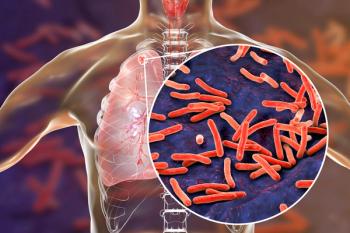
The regimen, which was used as second-line treatment in patients with drug-resistant TB, had a similar microbiological response to those with drug-sensitive TB taking first-line regimens.

In some instances, metabolites can predict risk in patients who still have normal glucose biomarkers.

Investigators at Duke University and the University of North Carolina determine what causes recurrent UTIs, even after antibiotics cleared the bacterial infection.

The CBT-based intervention, compared with routine pregnancy care, demonstrated reductions of 81% and 74% for depression and anxiety, respectively.
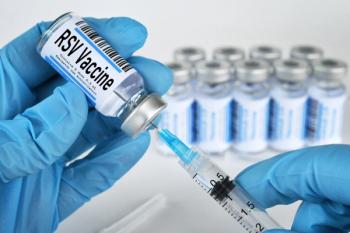
Only 9% of older adults who reside in the United States had been vaccinated to protect themselves from RSV this fall and winter.

Study findings suggest that biomarkers could provide greater insight into different disease mechanisms and how treatments options could be more beneficial for certain patients.
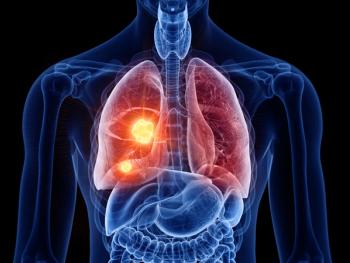
The FDA also granted traditional approval to amivantamab-vmjw for adults whose disease has progressed on or after platinum-based chemotherapy.
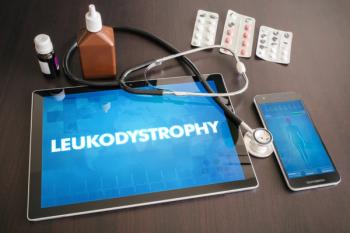
Hypomyelination with atrophy of the basal ganglia and cerebellum is the most severe form of TUBB4A leukodystrophy that currently has no curative treatment.

The dynamic reconfigurations in individuals taking antidepressant were higher than in non-users and controls, with no significant differences between those with MDD or an anxiety disorder.

The effects of acupuncture were independent of sex, age, medication use, and coexisting conditions, according to the results of the study published in BMJ Open.

The investigators included 24 studies across 7 countries, including Australia, Canada, New Zealand, Norway, Singapore, Sweden, and the United States.

Investigators determined that the vaccination reduced the prevalence of vaccine serotypes with an effectiveness of 89.6% based on the study results.

Individuals with persistent COVID-19 symptoms had an objectively greater cognitive deficit than individuals had never had COVID-19.
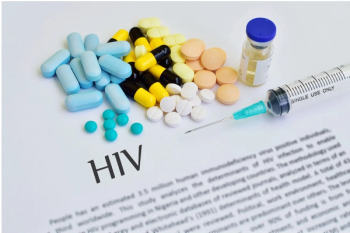
This grant funding is a part of the company’s 3-year Setting the P.A.C.E. initiative.

To make the best use of these funds to improve a hospital’s services, leaders should start planning now for these changes using the 4 following strategies.

The authors found that overall survival in patients with newly diagnosed multiple myeloma was longest for those receiving first-line autologous stem cell transplantation.

Pharmacy's position at the intersection of the care team gives it a unique ability to connect providers, payers, and pharmaceutical manufacturers, and support patients to maximize their health outcomes.